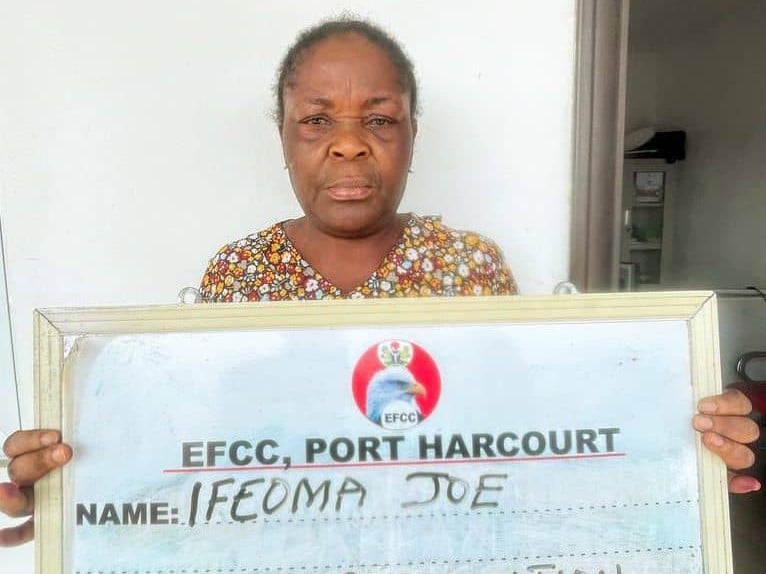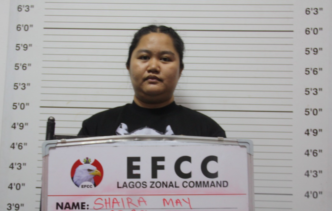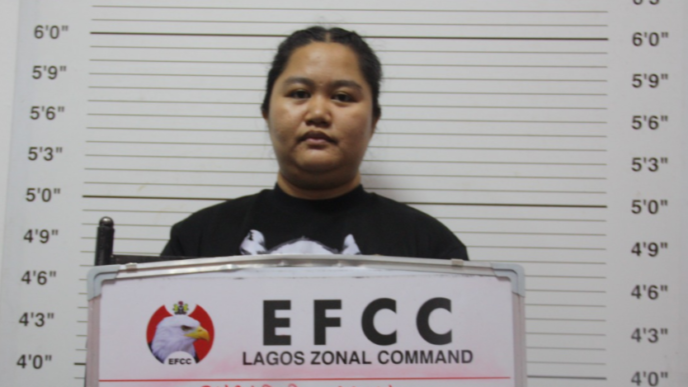The Economic and Financial Crimes Commission (EFCC) has arraigned a mother and her 34-year-old son for allegedly defrauding a United States-based Nigerian of N64.4 million under the guise of spiritual intervention.
The suspects, Ifeoma Joe and Chima Nmerem, were brought before P. I. Ajoku, judge of a federal high court in Port Harcourt, Rivers state, on Thursday.
They were arraigned on a four-count charge bordering on conspiracy, obtaining by false pretence, and advance fee fraud.
According to the EFCC, between September and December 2024, the mother and son allegedly conspired to obtain N64,486,180 from one Felicia Ekwutasi Ikeh under the false pretext that the funds were needed for spiritual cleansing and to influence law enforcement officers investigating a murder case involving her son in the United States.
Advertisement
The funds were reportedly paid into a bank account operated by Nmerem.
Both defendants pleaded guilty to the charges.
Although K. U. Udus, the prosecution counsel, informed the court of a witness ready to testify and requested a review of the case, the judge adjourned proceedings to May 28, due to time constraints and ordered that the defendants remain in EFCC custody.
Advertisement
The anti-graft agency commenced investigations into the matter after the petitioner alleged that she was introduced to Joe by her sister for spiritual prayers intended to save her son from imprisonment after he killed his sibling in a fight.
Joe claimed to have close ties with Uma Ukpai, a prominent Nigerian cleric, and reportedly impersonated him using a fake phone number to deceive the victim.
Pretending to be the cleric, Joe allegedly demanded N900,000 to be deposited at a church altar.
According to the EFCC, she manipulated the victim into making additional payments running into millions for various fictitious spiritual rituals, including donations to orphanages and bribes for law enforcement officials.
Advertisement
The victim also reportedly paid the naira equivalent of $38,450 into Joe’s account.
Upon realising she had been defrauded, the petitioner reported the matter to the EFCC.










